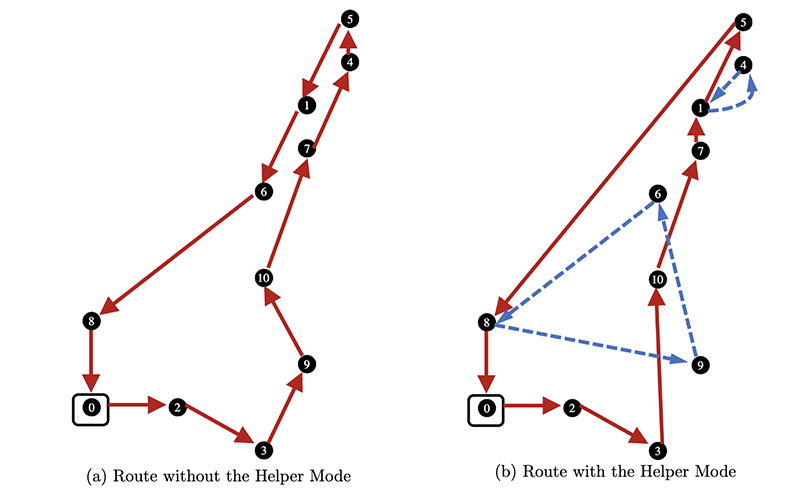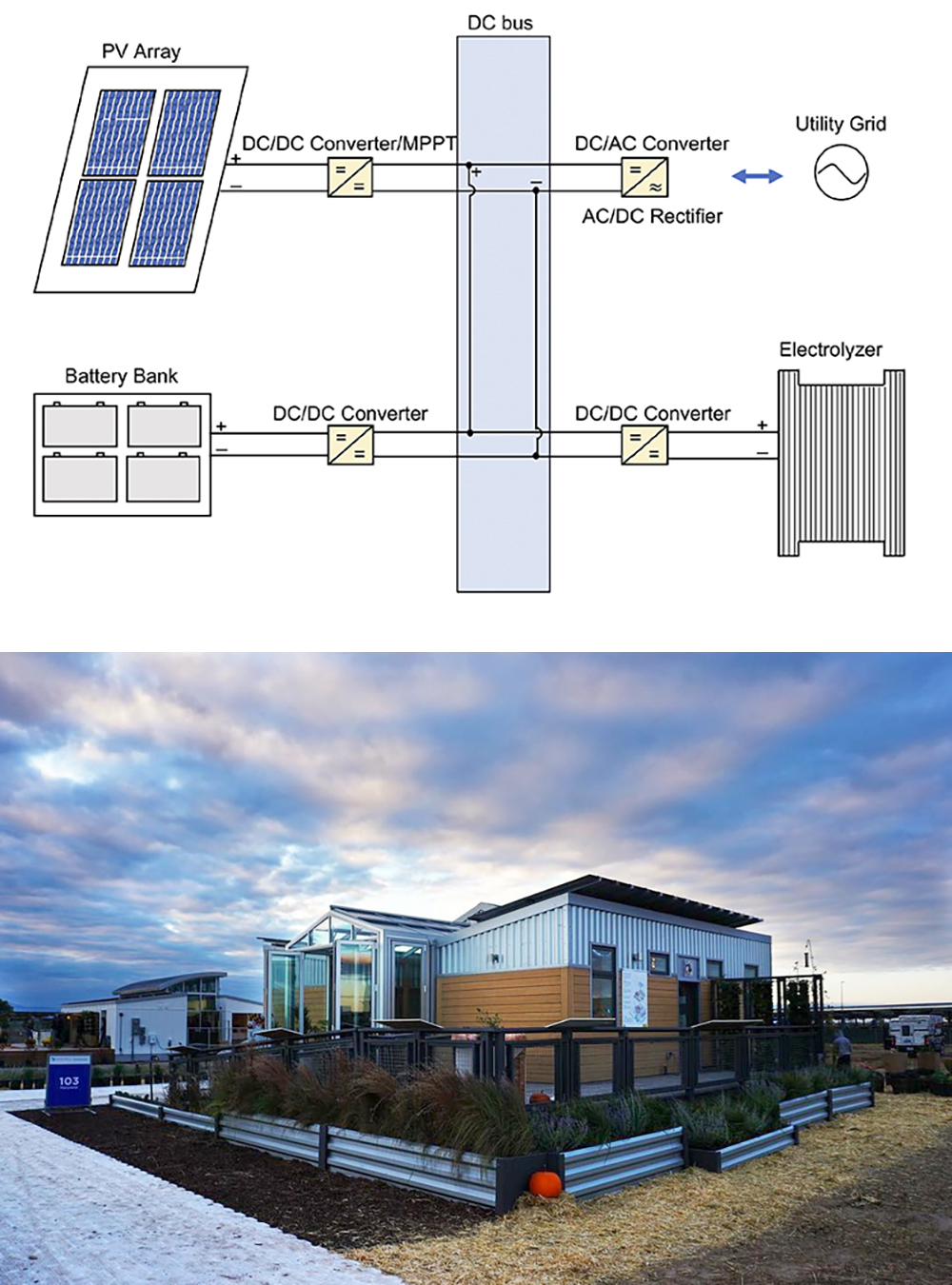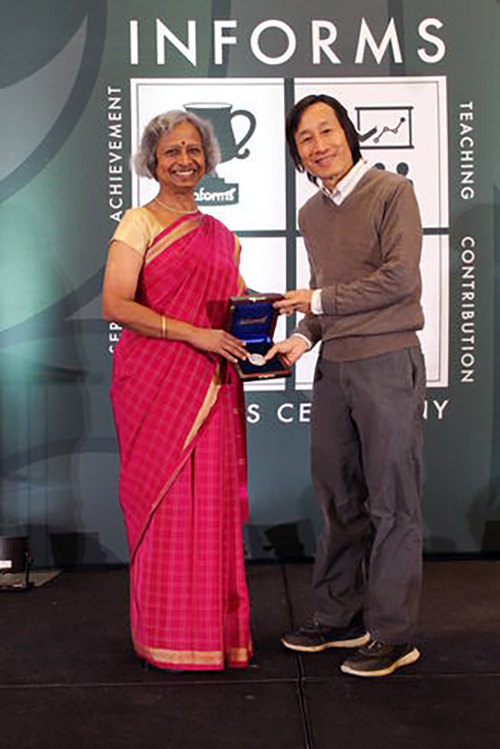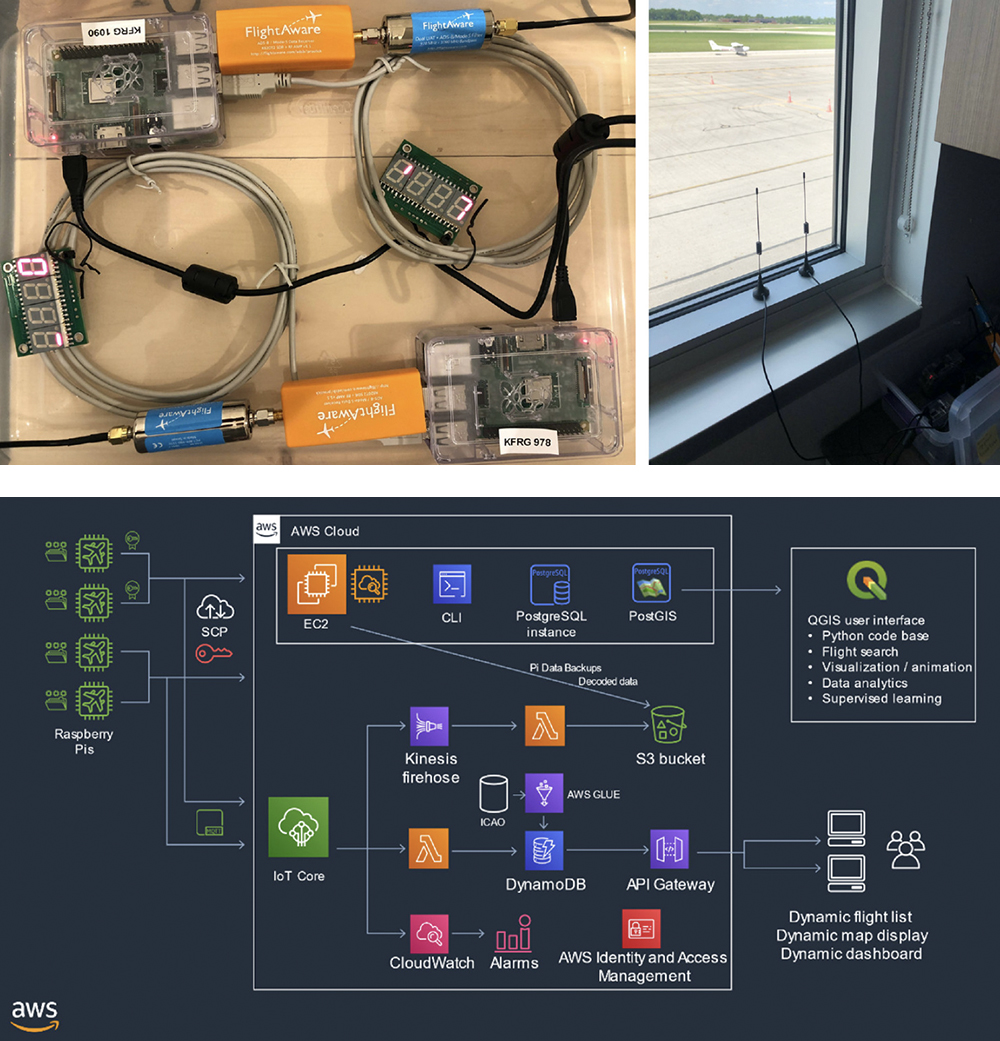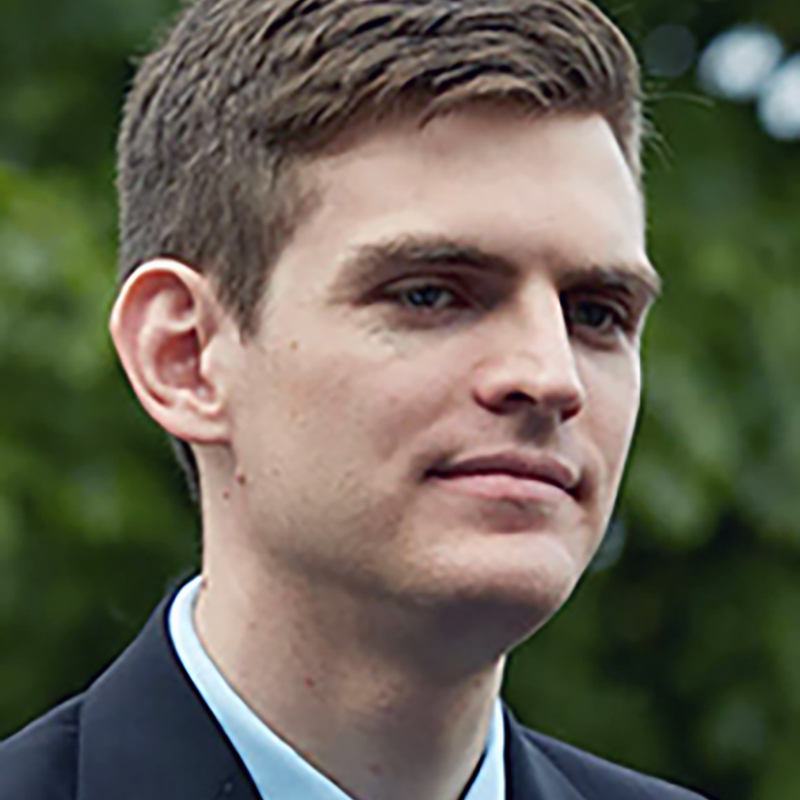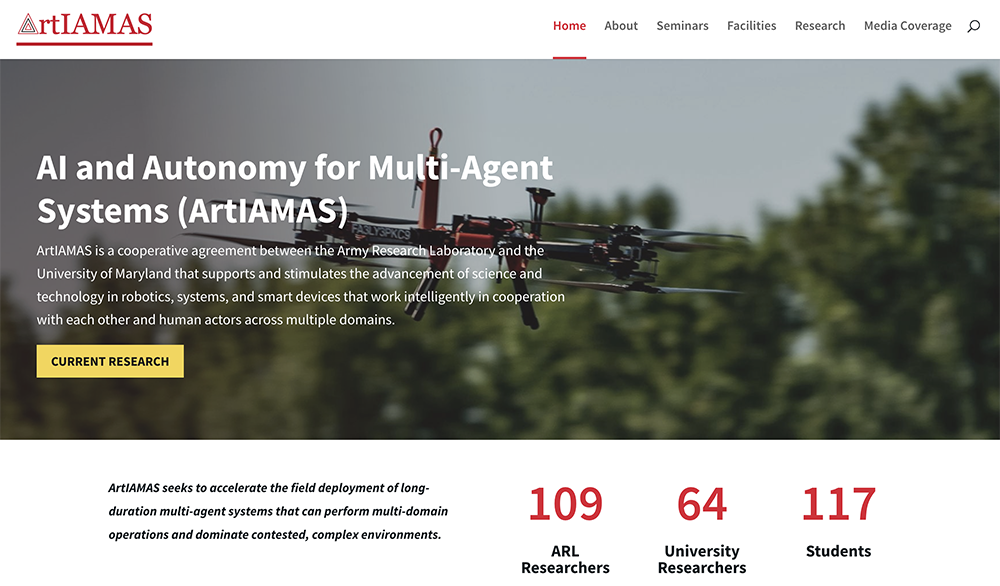News Story
Fu, Ryzhov, Qu are issued patent for B2B optimal bidding
Professor Michael Fu (BMGT/ISR), Associate Professor Ilya Ryzhov (BMGT/ISR) and their former student Huashuai Qu (Ph.D. Mathematics 2014) are three of the inventors listed on U.S. Patent 10,417,699, issued on Sept. 17, 2019. Eric Bergerson and Megan Kurka are also listed as inventors on the patent.
Systems and methods for optimal bidding in a business to business environment relates to systems and methods for optimally pricing high-volume commercial transactions between businesses, known as business-to-business (B2B) pricing.
Consider a negotiation between a seller who supplies raw materials and a manufacturer buyer. If, after negotiating, the seller makes a final price offer that is rejected, the seller incurs a high opportunity cost of lost revenue. However, it may not be clear to the seller whether a lower offer would have secured the deal, and if so, how much lower the offer should have been. Conversely, if the price is accepted, the seller may wonder whether a higher price might also have worked. Sellers make many such pricing decisions over time, attempting to maximize revenue, subject to considerable uncertainty about buyer behavior and willingness to pay.
Common challenges in these scenarios include:
Big Data that is highly heterogeneous, covering thousands of distinct products and buyers. Different product types have different price sensitivities. Consequently, the data contain a large number of "rows" (observed deals) as well as "columns" (explanatory variables). Predictive models may thus be vulnerable to noise accumulation, spurious correlations, and computational issues.
Noise. Often the data is restricted to a binary (yes/no) response from the buyer, representing whether the seller's price was accepted or rejected. The proportion of accepted offers ("wins") is very low. Furthermore, many of the products and buyers may appear infrequently and have few or no wins. Even with a large amount of data, predictive models are likely to be inaccurate.
High Cost of Failure. If a price is rejected, the seller's revenue is zero. In B2B transactions, the total value of the deal may be in the millions of dollars. If the historical data are insufficient to make accurate predictions about future deals, the seller must learn quickly from new deals as they take place. It is thus not enough to use a pricing strategy that works well "over the long run," as the practical value is in the very short term.
An urgent need exists for systems and methods for using predictive and prescriptive analytics (statistical modeling and price optimization) in B2B pricing. In addition to short-term performance, computational efficiency is also an issue. Ideally, price optimization should be implementable in real time and on demand, so that a sales representative may access it during a negotiation through a tablet app. The invention addresses this need.
In the invention, initially the observed outcomes for n deals are received, and the belief parameters for these n deals are calculated. The Bayes-greedy price is then calculated and presented to a buyer. The buyer's response is collected and an optimal variance parameter based on the buyer's response is generated. The belief parameters for these n+1 deals are also updated. This process may be repeated for additional deals.
Published October 4, 2019
